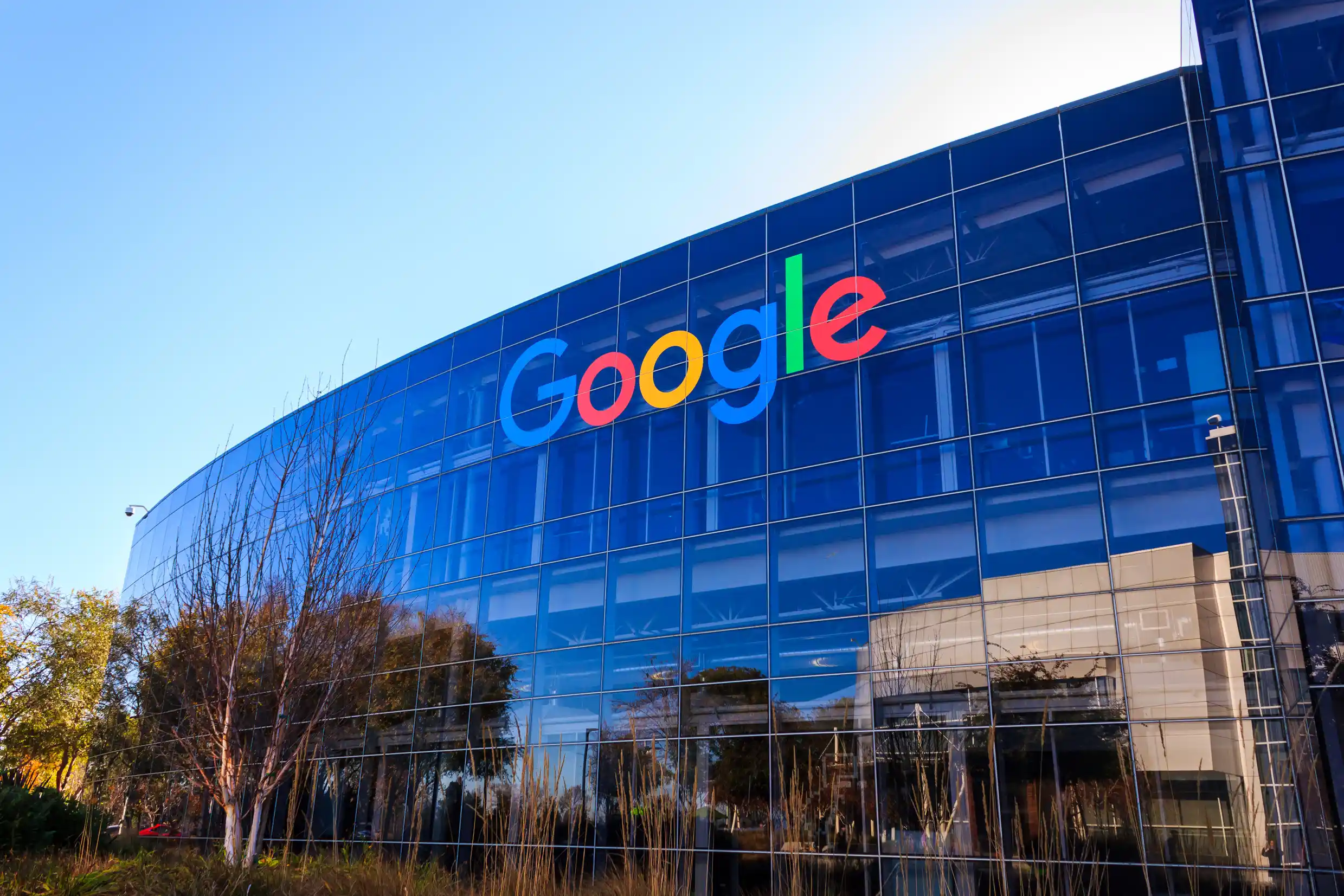The ongoing debate about the impact of artificial intelligence on web traffic has taken a new turn, with Google Search head Liz Reid presenting a starkly different perspective on the issue. In a recent blog post, Reid claimed that traffic from search to websites is "relatively stable" and that the quality of clicks has actually increased, contradicting a Pew Research Center report that suggested a more dire outlook for web publishers. According to Reid, the integration of AI Overviews in Google Search has led to an increase in query volume and more opportunities for websites to surface and get clicked, as people are searching more and asking new, complex questions.
The key to understanding Google's optimistic outlook lies in the way AI Overviews are changing user behavior. With AI Overviews, people are seeing more links on the page than before, which translates to more opportunities for websites to get clicked. Reid explained that users are seeking more in-depth information and are willing to click through to explore topics further, making these clicks more valuable. This shift in user trends is resulting in lower traffic for some sites and increased traffic for others, with forums, videos, podcasts, and posts with authentic voices and first-hand perspectives thriving. Content that provides unique perspectives, in-depth reviews, or thoughtful analysis is also performing well, according to Reid.
However, not all types of searches are created equal. For simple Q&A searches, users are increasingly relying on AI summaries, which can provide quick answers without the need for further clicks. This has been the case with other answer features like the Knowledge Graph or sports scores. Nevertheless, for more complex queries, users continue to click through to dive deeper into a topic, explore further, or make a purchase, which is why Google sees click quality increasing. This perspective is in stark contrast to the Pew report, which found that visitors who saw an AI summary clicked a traditional search result in only eight percent of all visits, compared to 15 percent for those without an AI summary.
The implications of Google's claims are significant, as they suggest that the integration of AI in search can actually benefit web publishers by driving more valuable traffic to their sites. However, the lack of concrete data to support these claims has raised eyebrows, and some experts remain skeptical. Cloudflare CEO Matthew Prince, for instance, has noted that search traffic referrals have been plummeting, with Google sending fewer visitors to publishers over time. As the debate continues, one thing is clear: the future of the web is increasingly intertwined with AI, and understanding its impact on user behavior and web traffic is crucial for publishers and tech companies alike.
The contrasting views on the impact of AI on web traffic highlight the complexity of the issue and the need for more nuanced discussions. While Google's optimistic outlook may be reassuring for some, others may be more inclined to believe the Pew report's findings or Cloudflare's observations. Ultimately, the truth likely lies somewhere in between, and it is up to tech companies, publishers, and users to navigate this shifting landscape and find ways to create value in a world where AI is increasingly dominant. As the search landscape continues to evolve, it is essential to stay informed and adapt to the changing trends and technologies that are shaping the web.
In conclusion, the debate surrounding the impact of AI on web traffic is far from over, and Google's recent claims have added a new layer of complexity to the discussion. While the company's optimistic outlook may be seen as a positive development, it is crucial to consider the broader implications of AI on user behavior, web traffic, and the future of the web. As we move forward, it is essential to prioritize transparency, data-driven insights, and a deep understanding of the complex interplay between technology, user behavior, and the web ecosystem.

